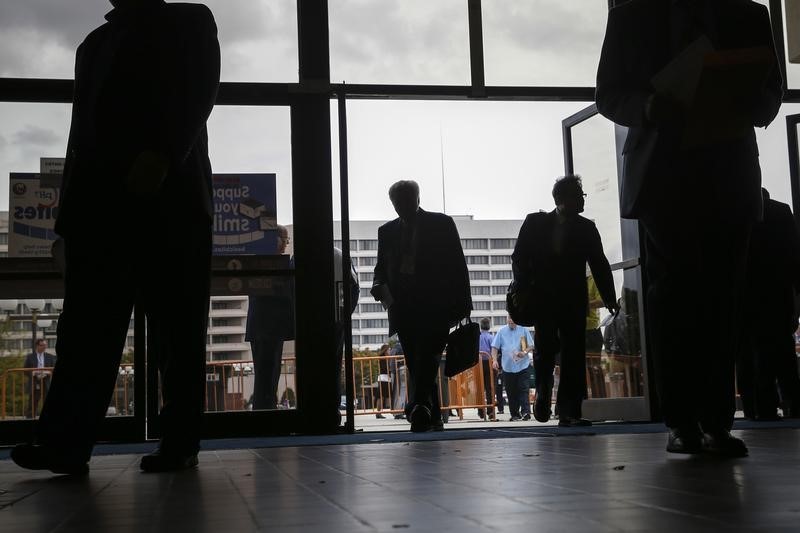CMB/Gönül: (Crypto Assets) The CMB Continues Its Efforts in Preparing Legislation and Secondary Regulations
The Annual Meeting and Conference of the Growth and Emerging Markets Committee (GEMC) of the International Organization of Securities Commissions (IOSCO) has commenced at the Exhibition Hall of the Presidential Complex.
In his speech, Ibrahim Ömer Gönül, Chairman of the Capital Markets Board (CMB), stated that the CMB is working to enhance confidence in the markets with diverse product offerings, ensure stability, accessibility to finance, and protect investors. Gönül reported strong interest in public offerings by companies, indicating a significant increase in the number of investors in this area since 2020. He noted that key issues on the CMB's regulatory agenda include financial inclusion and literacy, sustainable finance, and matters related to crypto assets.
Gönül highlighted that financial inclusion encompasses various dimensions beyond financial regulation, such as macroeconomic conditions and a robust digital infrastructure. He mentioned that they are implementing various tools to support informational efficiency, market integrity, and the provision of adequate product diversity.
He expressed that they established a financial literacy platform in May, providing free materials on various financial topics. Gönül stated, “As a result of our collaboration with public institutions and NGOs, we will further expand the content available here, and this platform will cater to specific investor groups.”
Gönül also mentioned that they are working to provide an alternative source of financing for new ventures, regulating equity and debt-based crowdfunding to improve the access to finance for early-stage businesses, focusing on technology and innovations. He noted the launch of the Istanbul Stock Exchange Venture Capital Market, aimed at enhancing financing for ventures that have growth potential but cannot yet meet the requirements of trading on stock exchanges.
Gönül remarked that sustainable finance has become a primary issue transforming financial markets in recent years, stating that the climate crisis poses new challenges to the markets, underscoring the importance of integrating climate risks into regulations for companies and financial institutions.
He informed that regulations concerning crypto assets have been implemented in Turkey, and crypto assets are now subject to the oversight and regulations of the CMB. Gönül specified, “The law focuses on regulating crypto asset service providers and includes specific licensing requirements for these providers. Additionally, there is a distinction made between custody services and trading platforms. While the CMB has been working on preparing legislation and issuing secondary regulations in recent months, it is also in close contact with various international organizations.”
IOSCO President Jean-Paul Servais noted that IOSCO is one of the organizations that will help in navigating global risks and challenges, working with more than 130 members. He stated that this brings not only global challenges but also diversity, highlighting the significance of IOSCO GEMC for them, as the institutions here constitute 75% of IOSCO.
Servais discussed the importance of diversity in emerging markets, noting, “Based on my experiences at IOSCO, I can say that this diversity has been our strength. It allows us to ensure that everyone’s voice is heard and to address different types of challenges.” He emphasized their goal of protecting investors, remarking that the financial sector is changing and evolving, and acknowledging Turkey's capacity to overcome numerous challenges.
He added, “As we look at every continent, we see the sector developing rapidly. For example, crypto assets, and sustainable finance topics... These are some of the major milestones. We now need to redirect our efforts in these directions.”
Mohamed Farid Saleh, Chair of the IOSCO GEMC Board, pointed to the changes in capital markets, stating, “The first theme we need to address is technology, digitalization, FinTech, and the financial inclusion that comes with this digitalization. All of these are essential for financial participation.” He emphasized the need for more effort in data collection, stressing the importance of utilizing artificial intelligence to analyze such data and determine regulatory approaches.
The program continued with panels.


